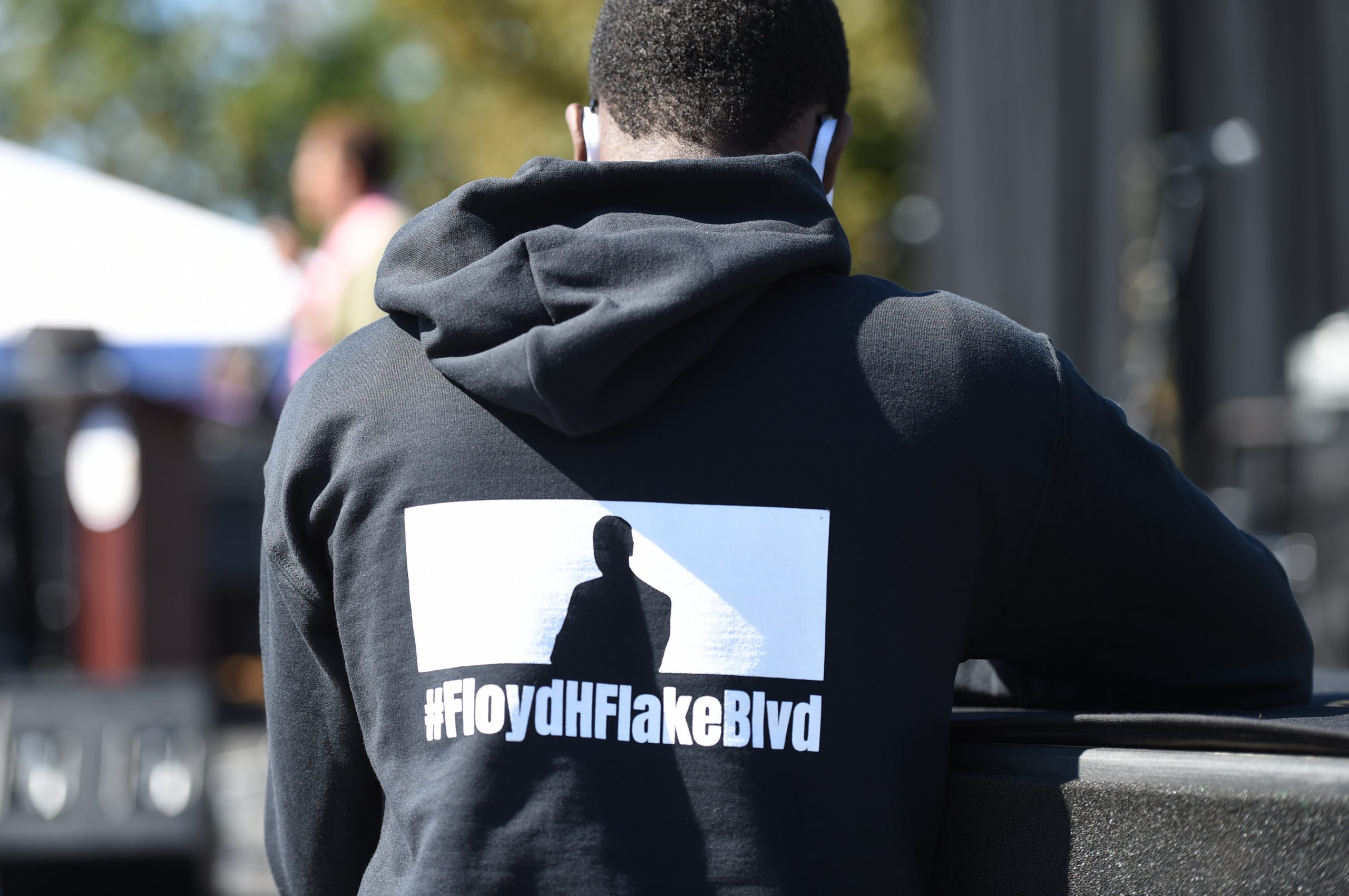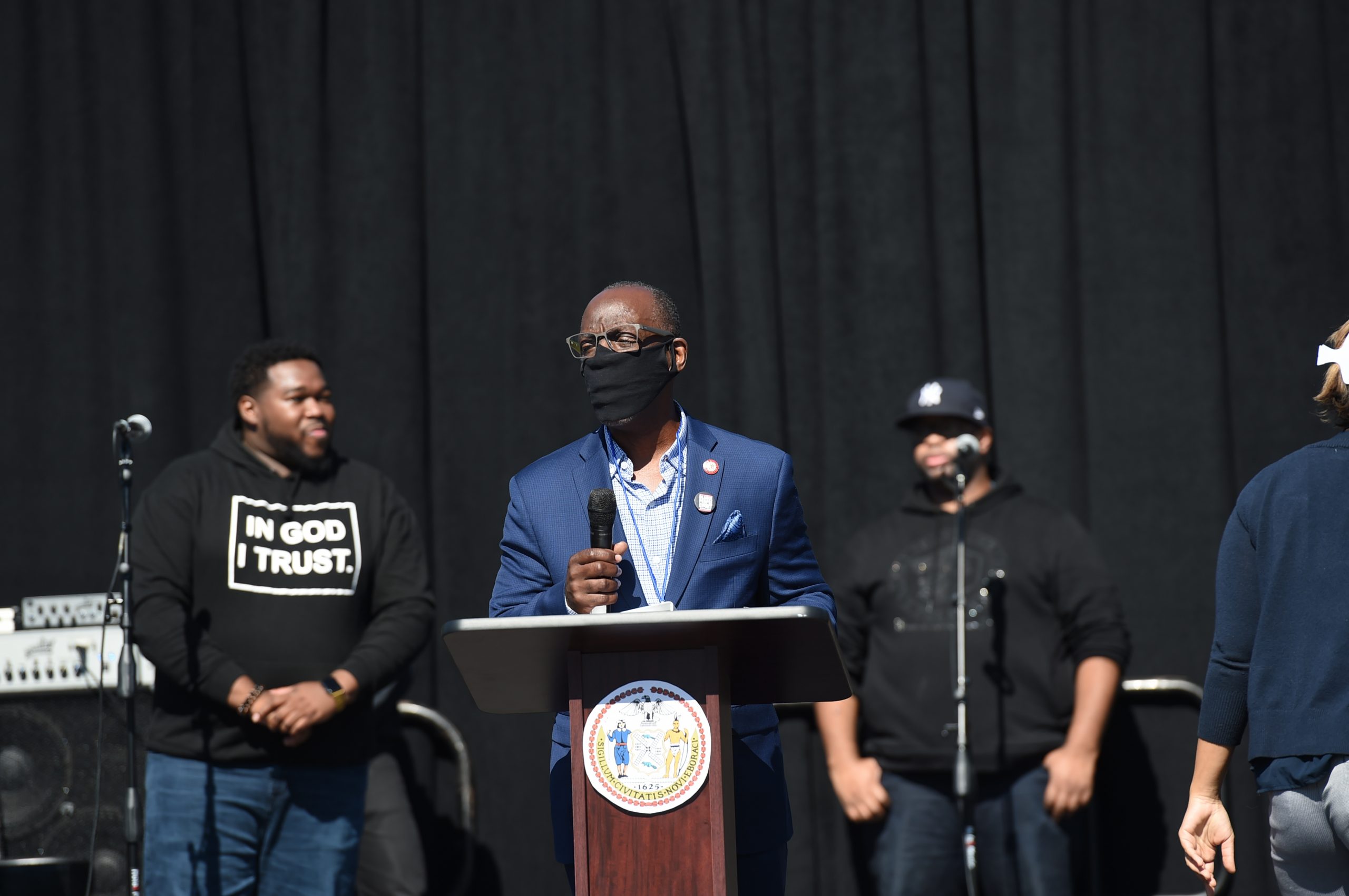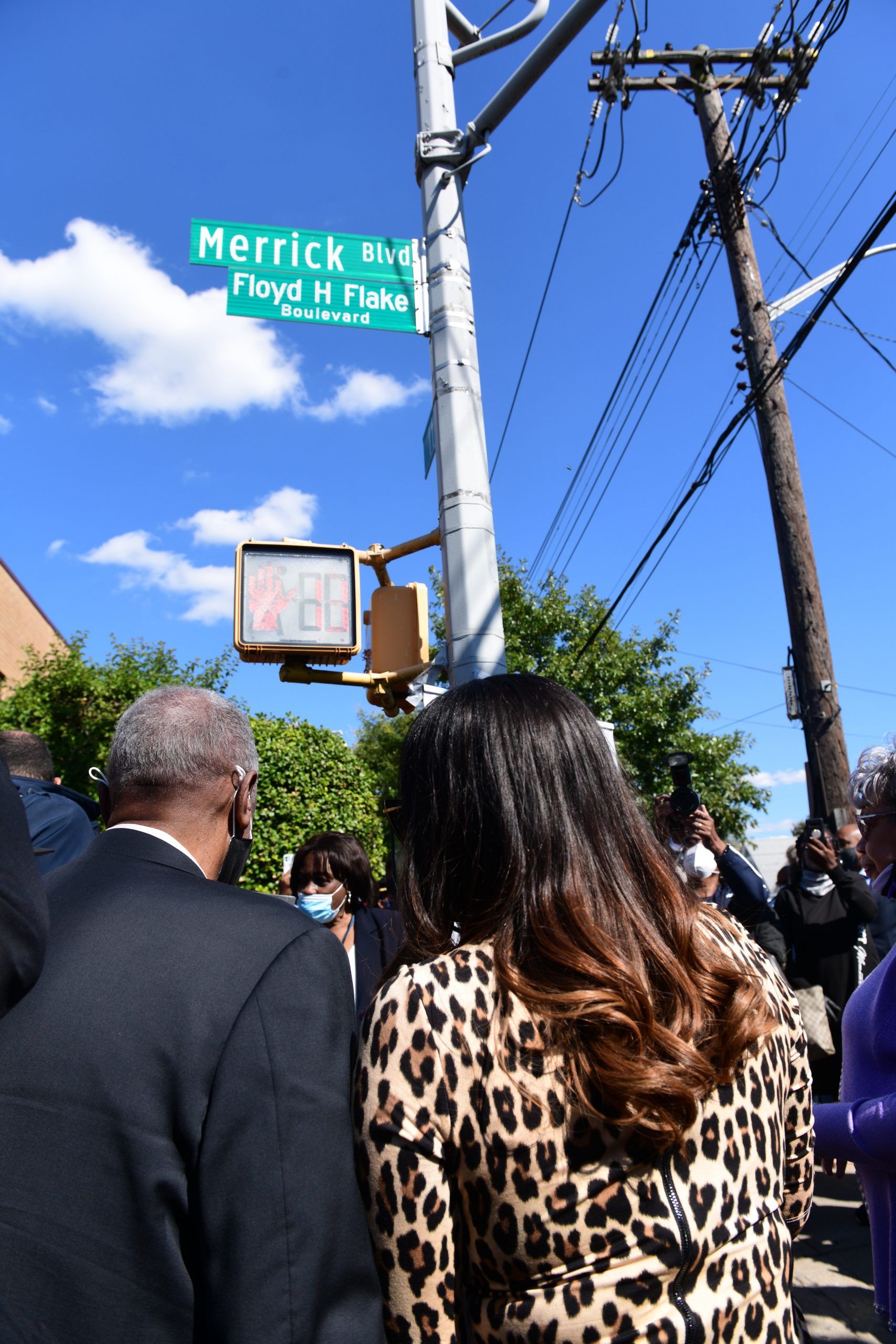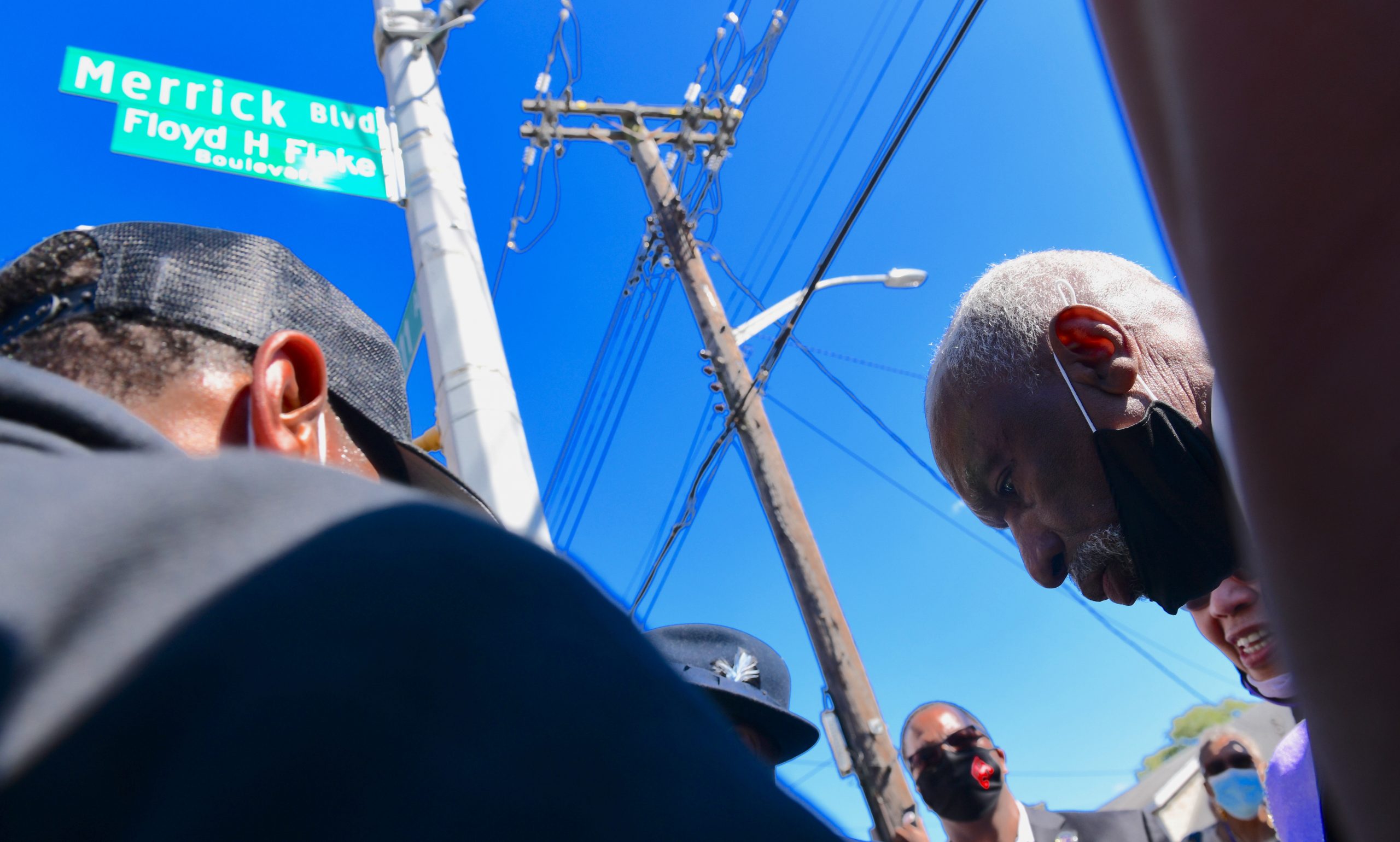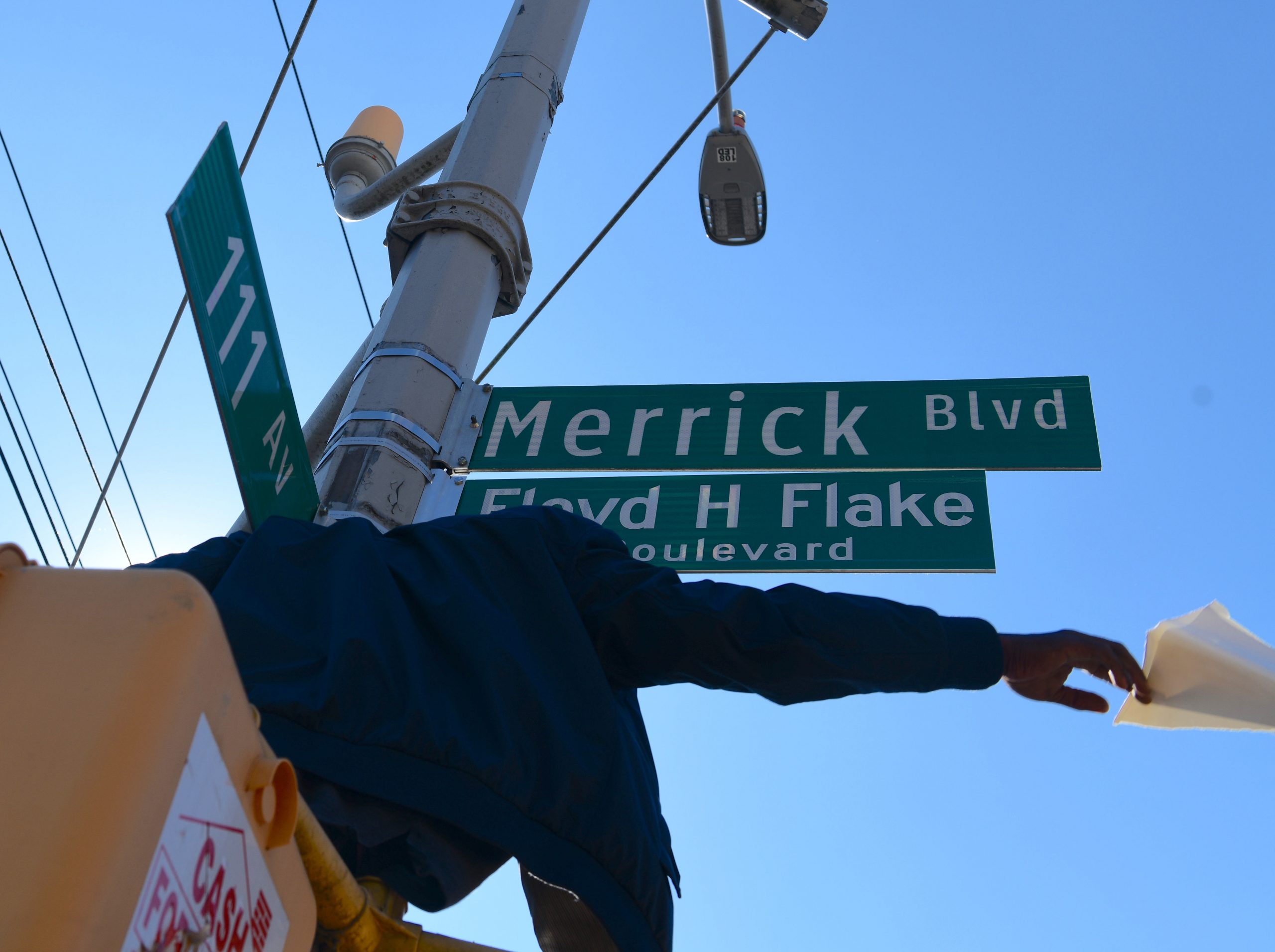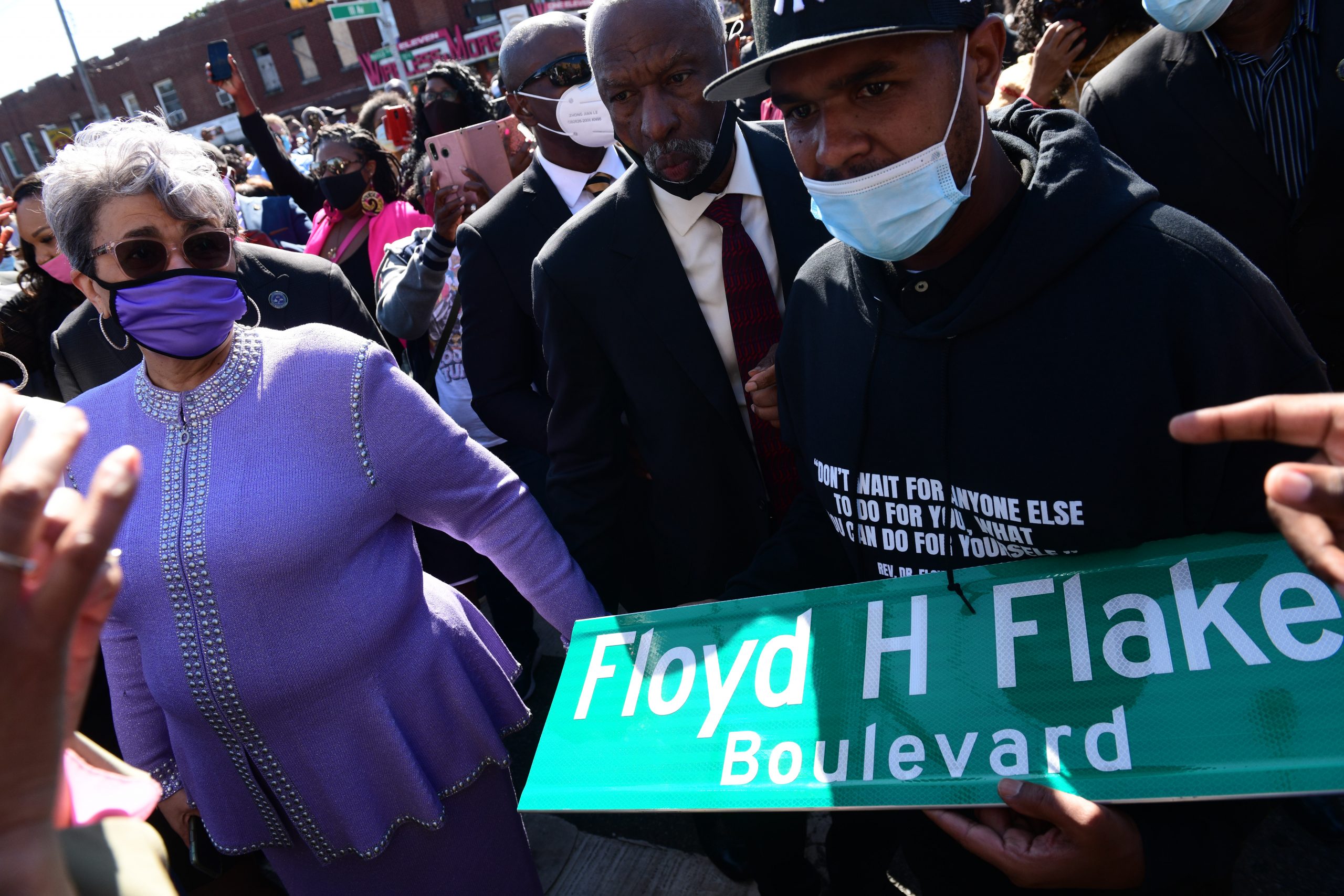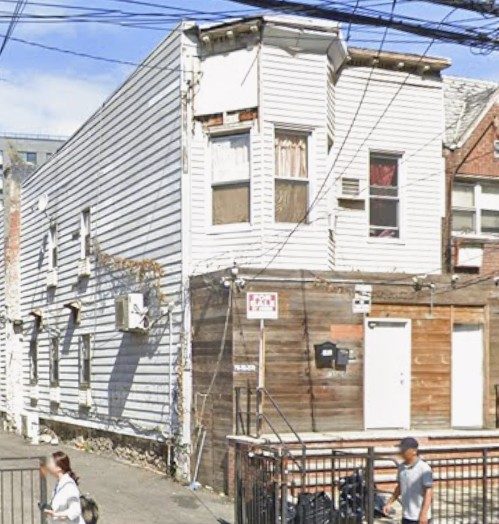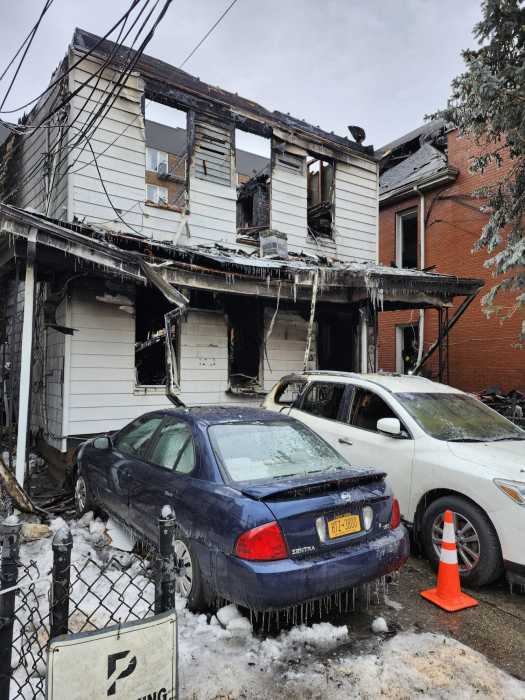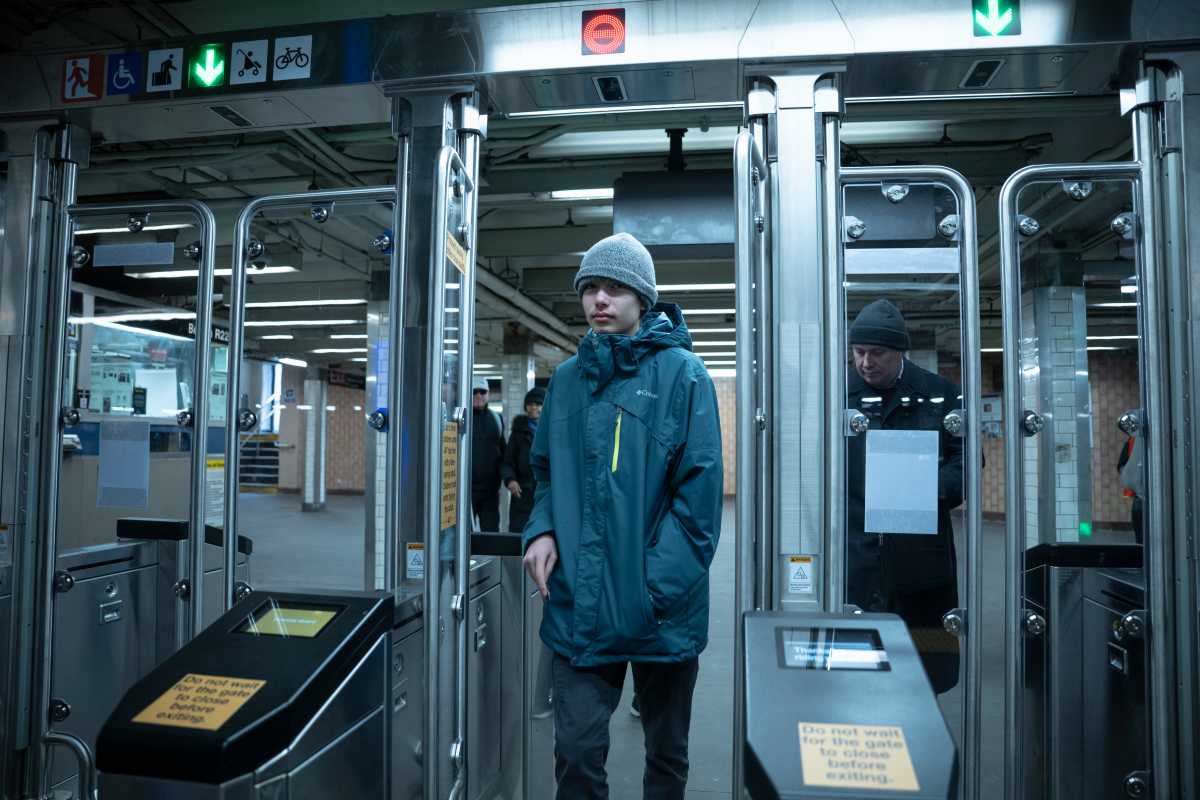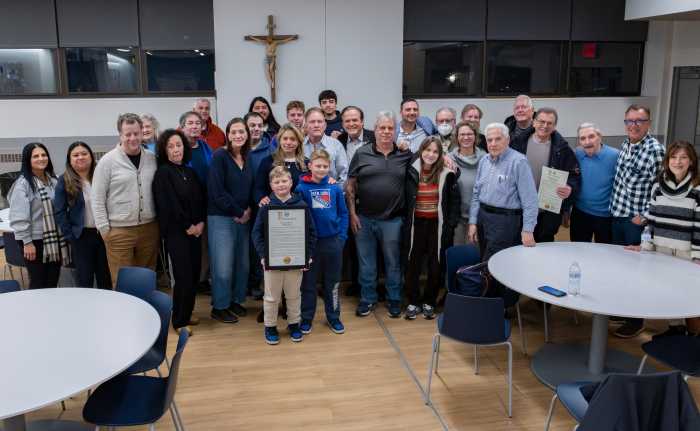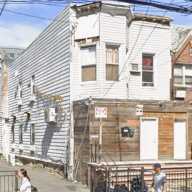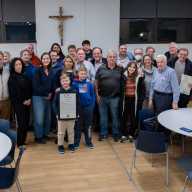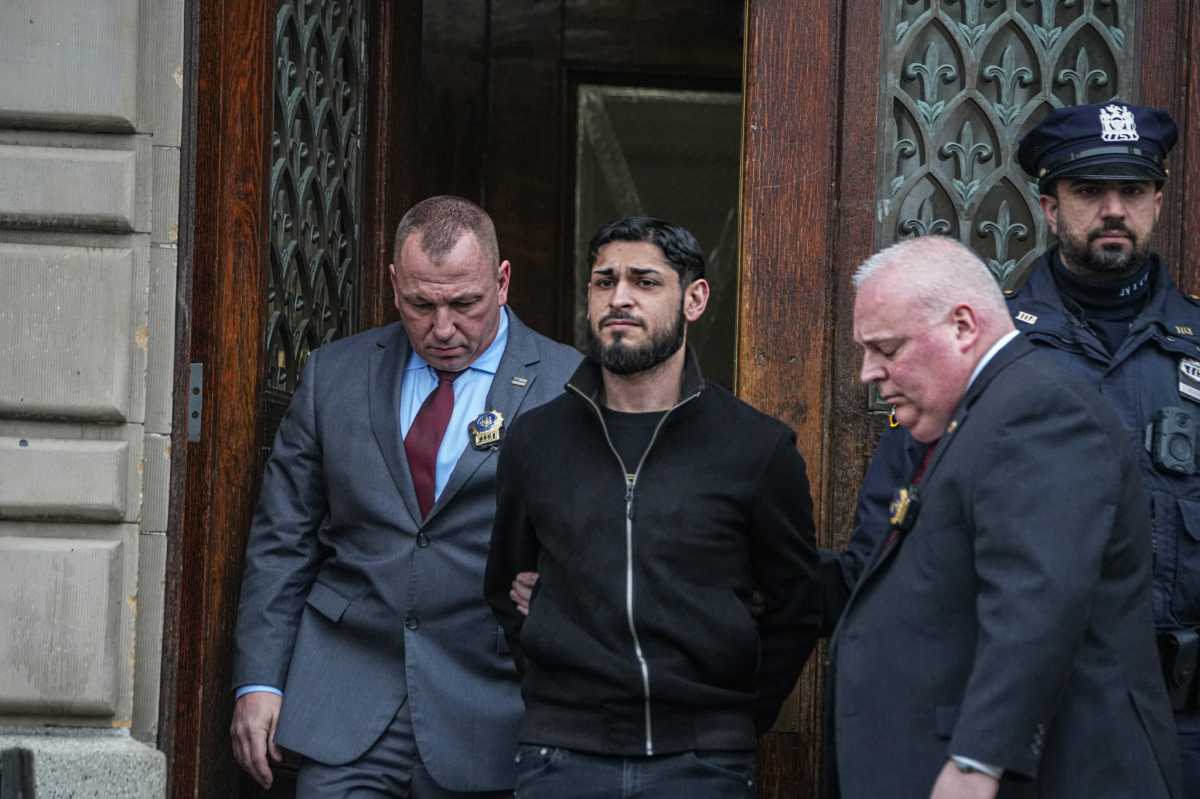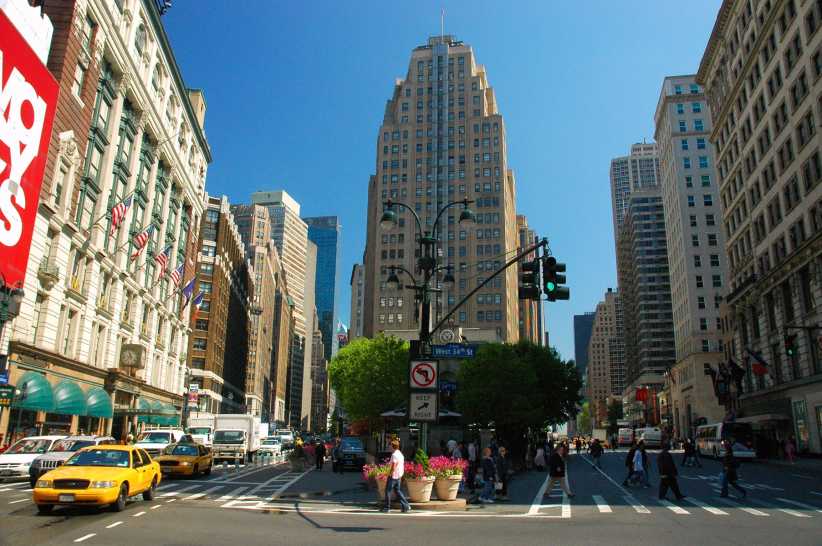The name of Merrick Boulevard in Queens was taken from the word “Meroke” mean oyster bed. So a portion of it in St. Albans was appropriately renamed Saturday for what admirers say is the “pearl of the community,” in honor of the Rev. Dr. Floyd H. Flake.
Nearly a thousand residents and city elected officials jammed the streets near his beloved church, the Greater Allen African Methodist Episcopal (A.M.E.) Cathedral, on Oct. 3 for the dedication.
Elected officials and the community fully supported the renaming of the street “Floyd H. Flake Boulevard,” passed by the City Council and signed by Mayor Bill de Blasio to honor the former Congressman and civil rights activist. Saturday’s huge ceremony was full of speeches by top leaders and filled with the pomp of powerful gospel music and dancing that is the hallmark of his 23,000-member church.
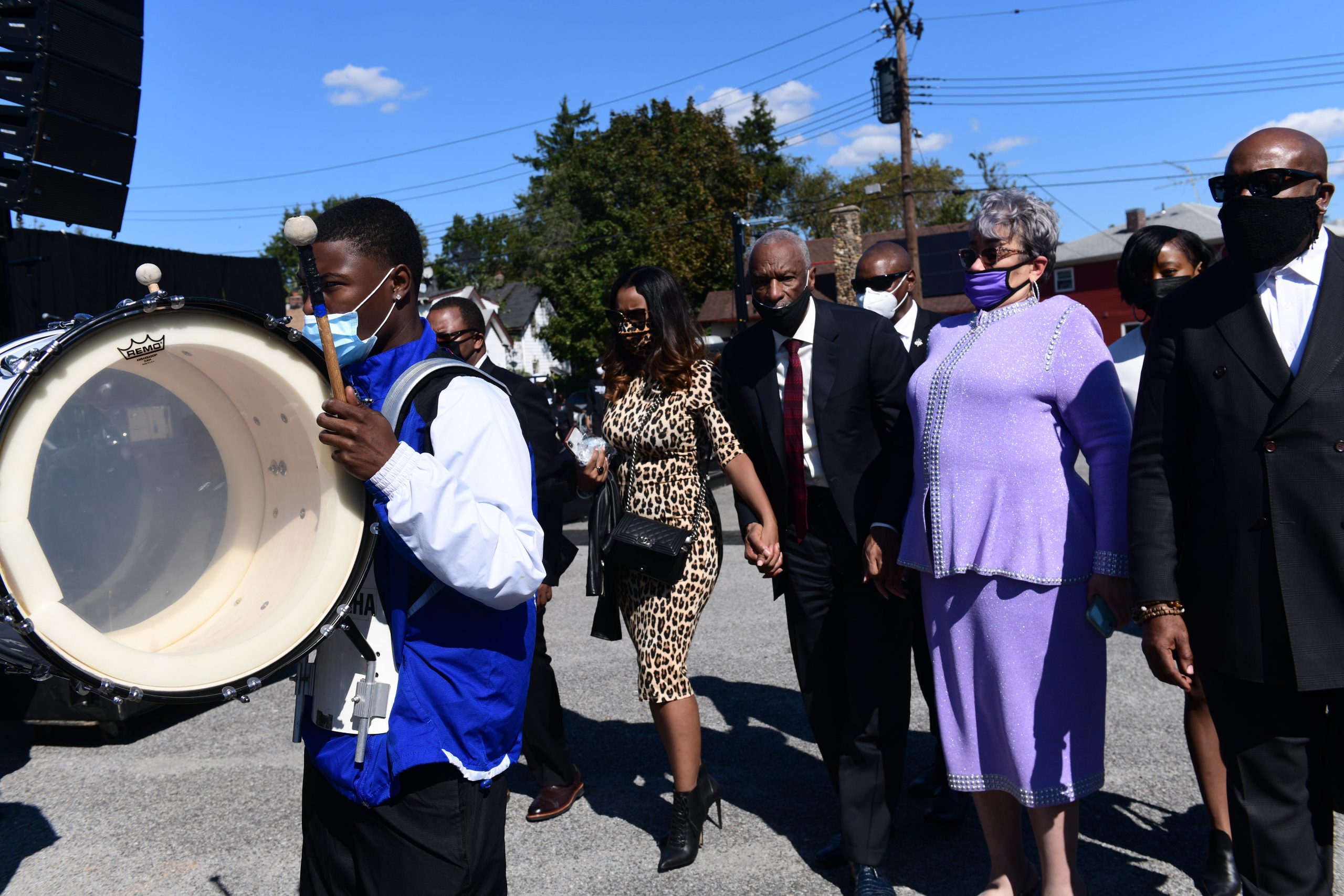

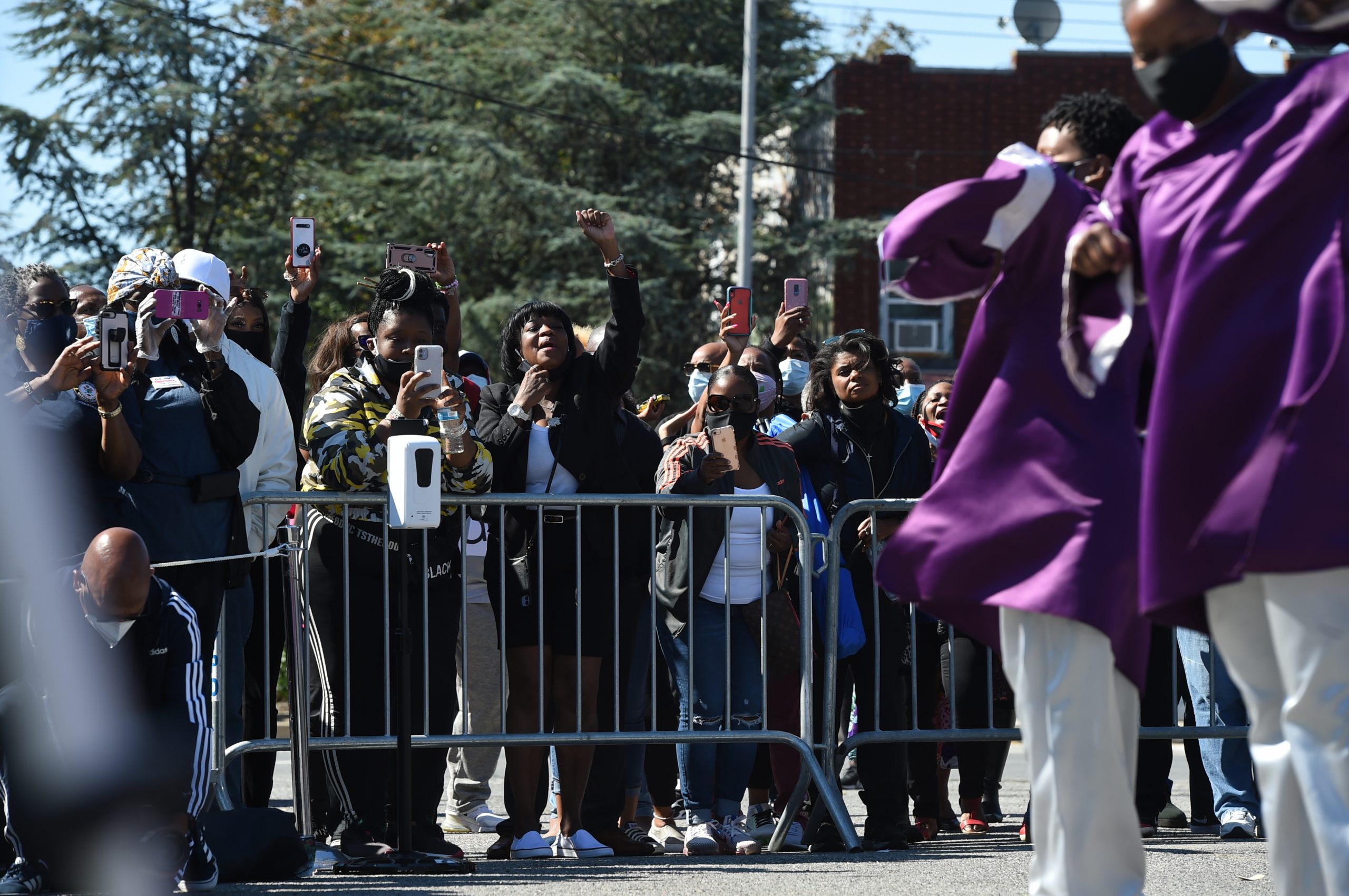
A marching band led a long white limousine with his family to the open field where he was accompanied by his wife Margaret Elaine McCollins and his four children — his two sons Robert Rasheed, Harold Hasan and his two daughters Aliya and Nailah Flake-Brown — who held his arm right up to his seat.
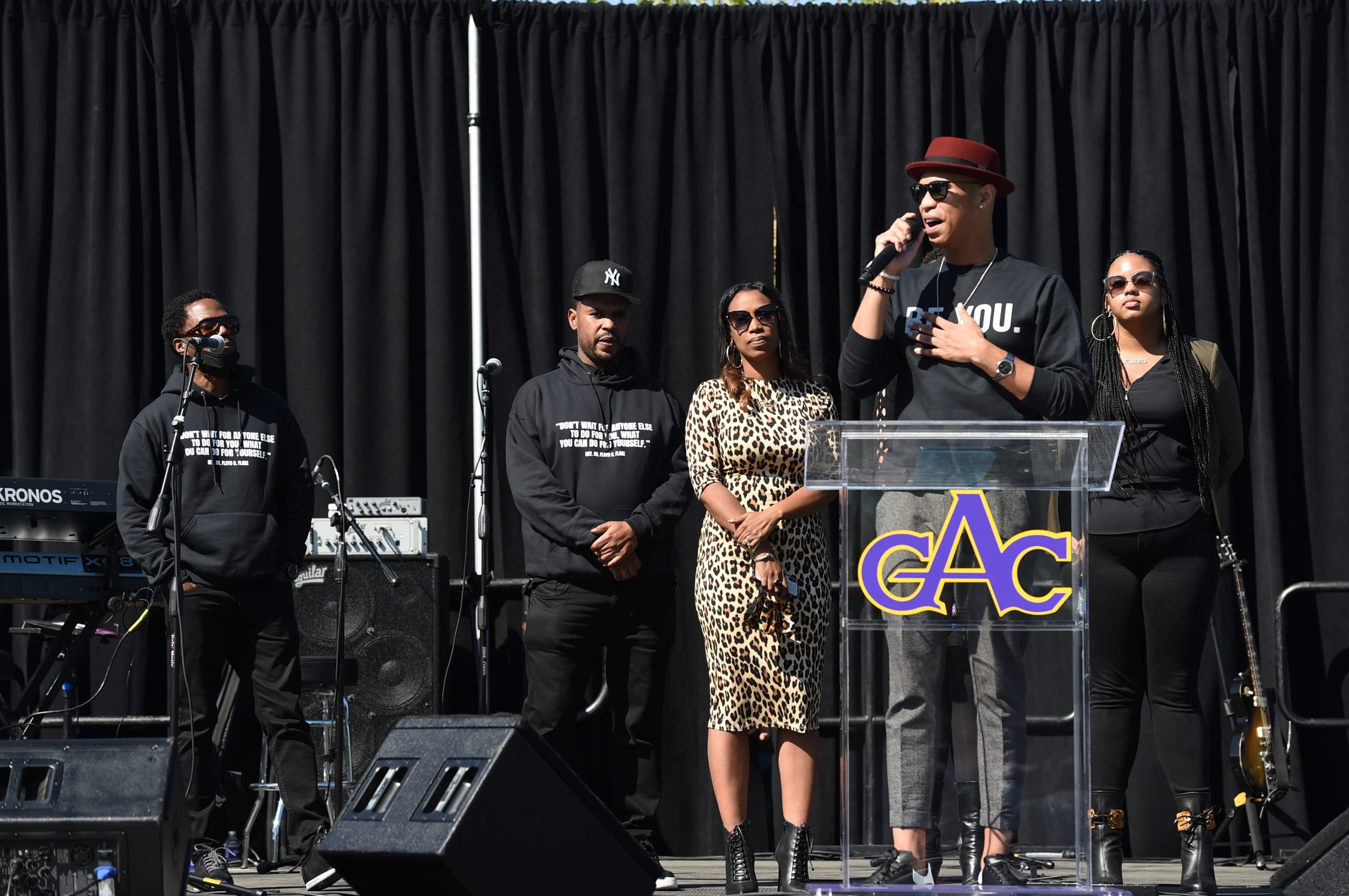
Nearby was nearly every elected official led by US Senator Charles Schumer, Mayor Bill de Blasio, State Attorney General Letitia James, Queens DA Melinda Katz, borough presidents, state senators and Council members. Chairing the event was Councilman Daneek Miller, a longtime congregant and admirer of Flake.
Reverend Flake, the son of a janitor, continues to be the senior pastor of The Greater Allen A.M.E. Cathedral, one of the nation’s largest Christian churches in the United States. Flake not only brought the community together with the church, but also helped expand the Christian School; created a pre-school; amassed commercial and residential developments for the church; and founded numerous social enterprises with the largest outreach ministries in New York City through its Soup Kitchen and Feeding Program, which distributes over 105,000 meals and pantry bags weekly.
The Soup Kitchen distributes more than 10,000 meals during Thanksgiving alone.
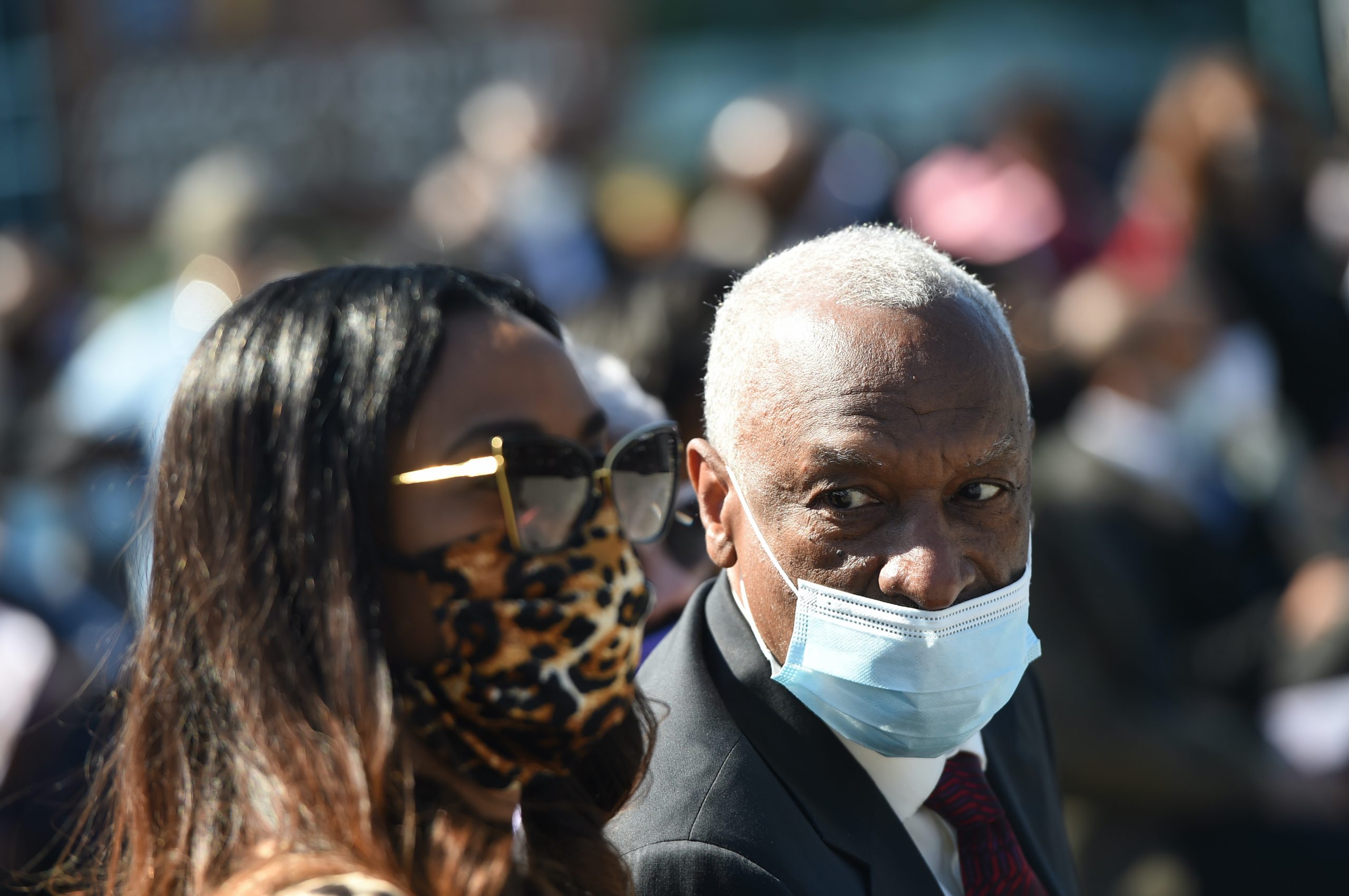
But his son Robert Rasheed said he was more humble than that and would “walk down the street in a suit, picking up trash in the street.” He said his father would stop his car and intercede in disputes and abuse on the streets – “he would not hesitate to help anyone.”
His work for the community went even further than the church when he ran and won the congressional seat in 1987 that held for 10 years. Senator Schumer applauded his accomplishments in the House, where Schumer was also previously a congressman.
Schumer pointed to his career in Congress, where he said Flake “effectively used his committee assignments to help steer federal money toward urban renewal projects in his district.” Flake would willingly reach across the aisle to Republicans and their traditional corporate constituents often helped him to meet his goals.
The Senate minority leader lauded Flake for his legislation that redirected community redevelopment funds from community development banks to large lending institutions, that would provide incentives for big banks to lend to poor communities. This became part of the famed Community Development Banking and Financial Institutions Act, which was signed into law in 1994.
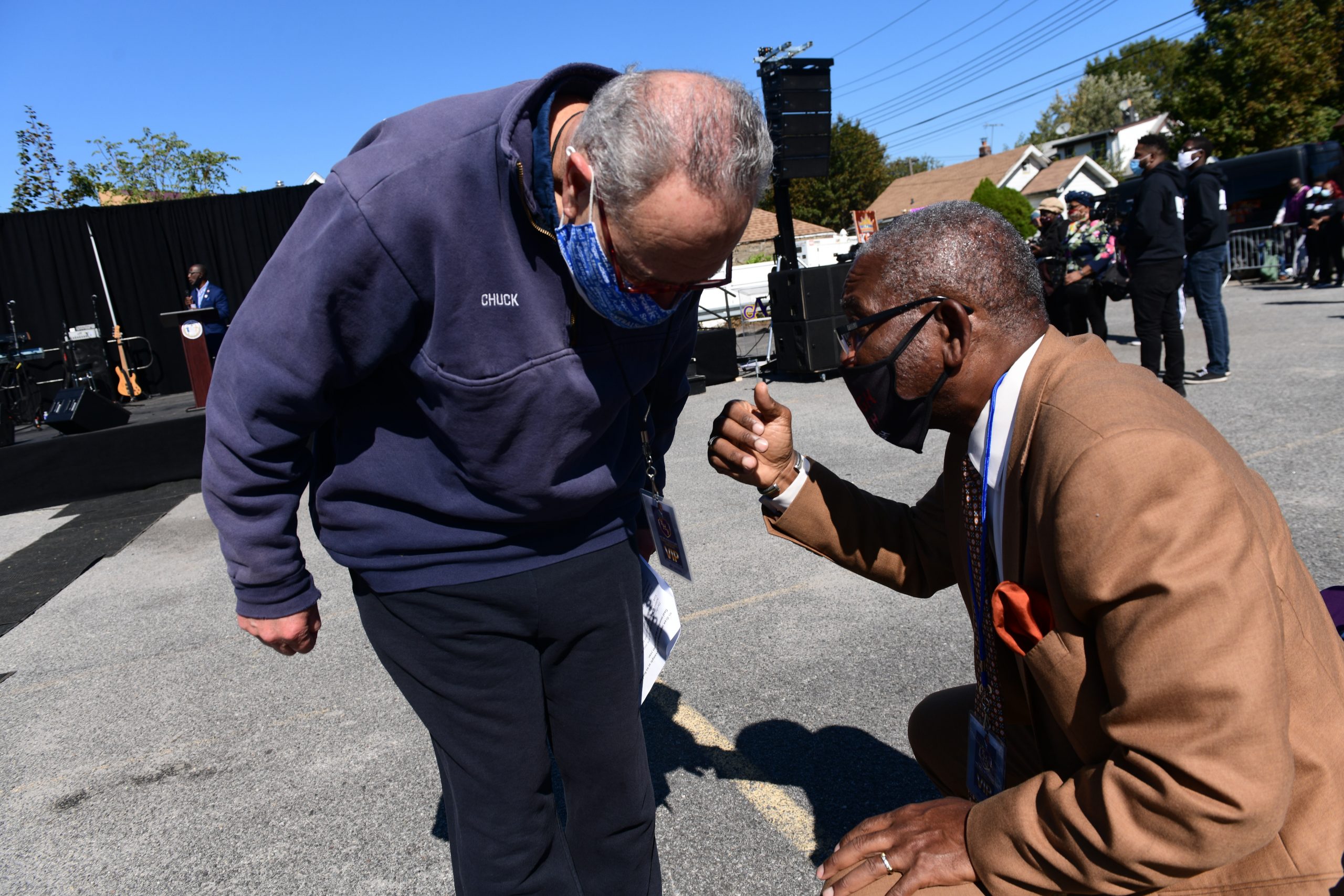
Councilman Miller had a more personal view of Flake, recalling that Flake married him and his wife Simone, and baptized his children.
“I also bring you greetings from the Congressional Black Caucus – when I told them what was taking place, all of them came to me and said, ‘Please, let everybody know that the Rev. Dr. Floyd Flake, when he left Washington, he didn’t leave it the same; he changed it,’” Miller said. “One of the honors of my life in following him in Washington, D.C., was I watch and I learned here at home what I saw reflected in the halls of Congress were things that you know right now are not so pretty. But no matter who I spoke with whether it was a leader of a country, a member of the Senate, Congress, a president of the United States, or just the janitor in the building, the man that shined my shoes – all asked, ‘How is Rev. Floyd Flake?’ because he was such a humble man who stepped up and spoke to everyone and treated everyone with respect.”
State Attorney General James spoke about the impact Flake had on her career as the first Black attorney general.
“Before the mantra of Black lives matter, is was Rev. Flake that gave meaning to Black lives mater,” she said. “As I traveled here, I read the street signs that had no meaning, no historical reference – so I came here today because I wanted to see the unveiling of a great man. He opened doors for me – if you were asked if you were supported by Floyd Flake and you said yes, the doors would open. From the ashes, he built homes. From chaos, he brought order. He saved lives, and with vision, he built this cathedral and from waste lands he built schools, he built services. All that we want is for our children to have the freedom to thrive and to reach every goal they want, and that’s what Rev. Flake decided to do when he built this entire cathedral – with a messages of resilience, hope, resurrection, justice, mercy and given the turbulent events of 2020 and what we as a people had to endure, suffering and darkness, Rev. Flake continues to preach to us to find the light.”
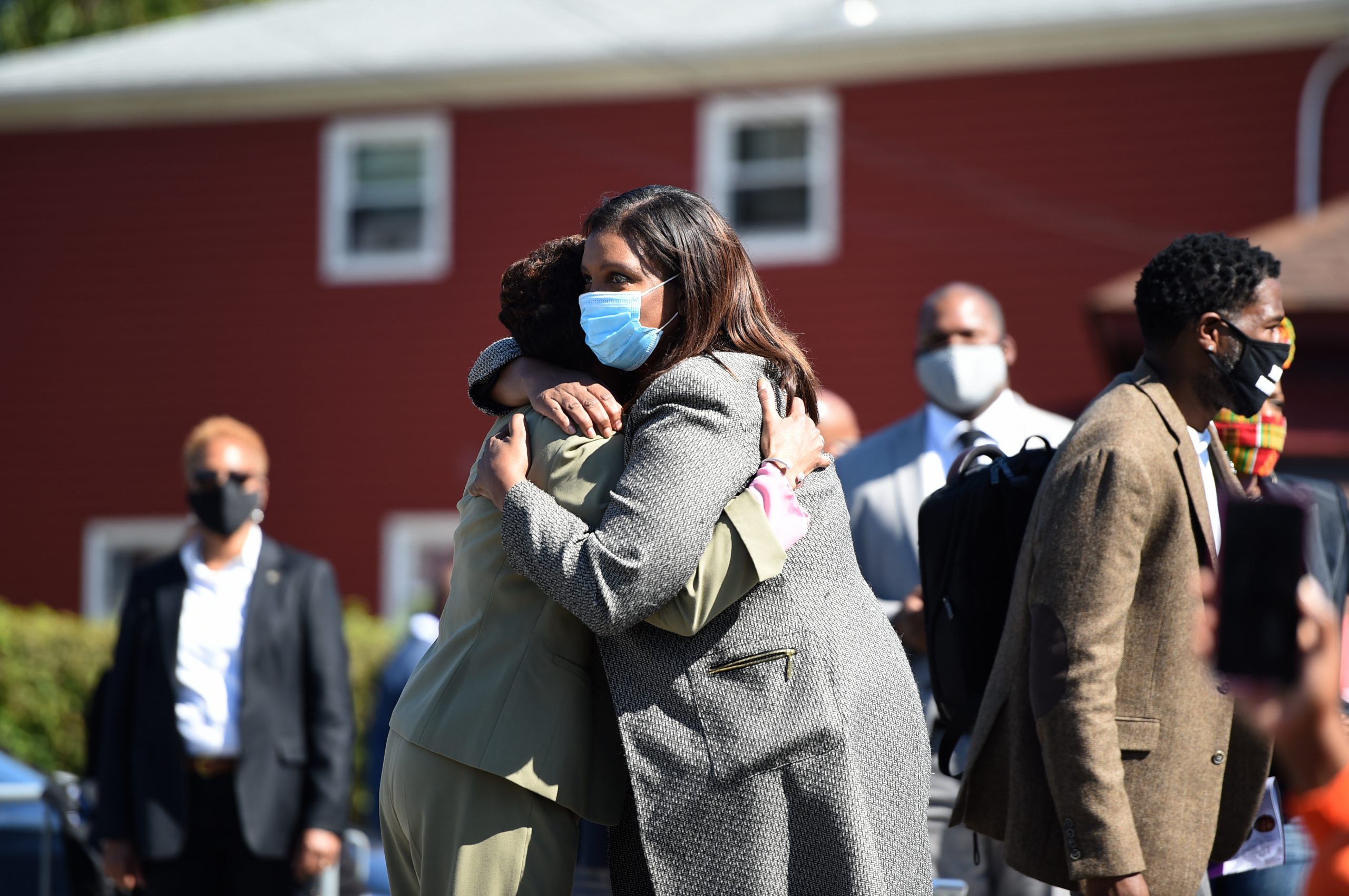
Mayor de Blasio said this was “a moment that unites us, and this is that moment.”
Someone arose in this city to something great for this nation and for the ages, Pastor Flake, I say thank you for all of us,” de Blasio said. “Because he is an extraordinary talent, someone we rarely see, who can do so much – you choose it, whether its in faith, education, affordable housing or serving our seniors, fighting in the halls of congress – where ever he went, he did it well.”
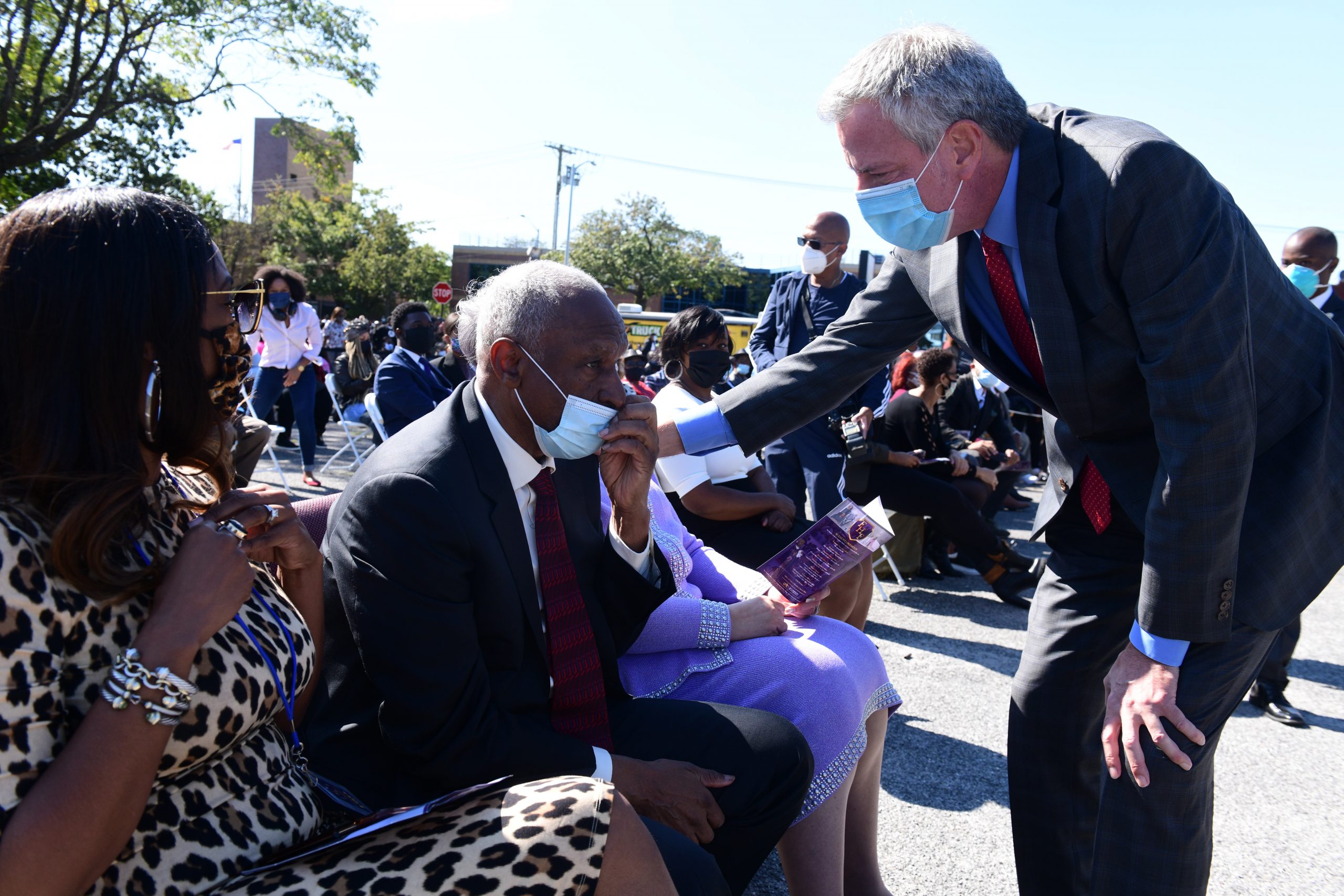
After hearing from numerous religious leaders and from the Episcopal Bishop Gregory Ingram, the band led the Flake family to the front of the A.M.E. Church where the street sign was unveiled to the cheers of a huge crowd.
